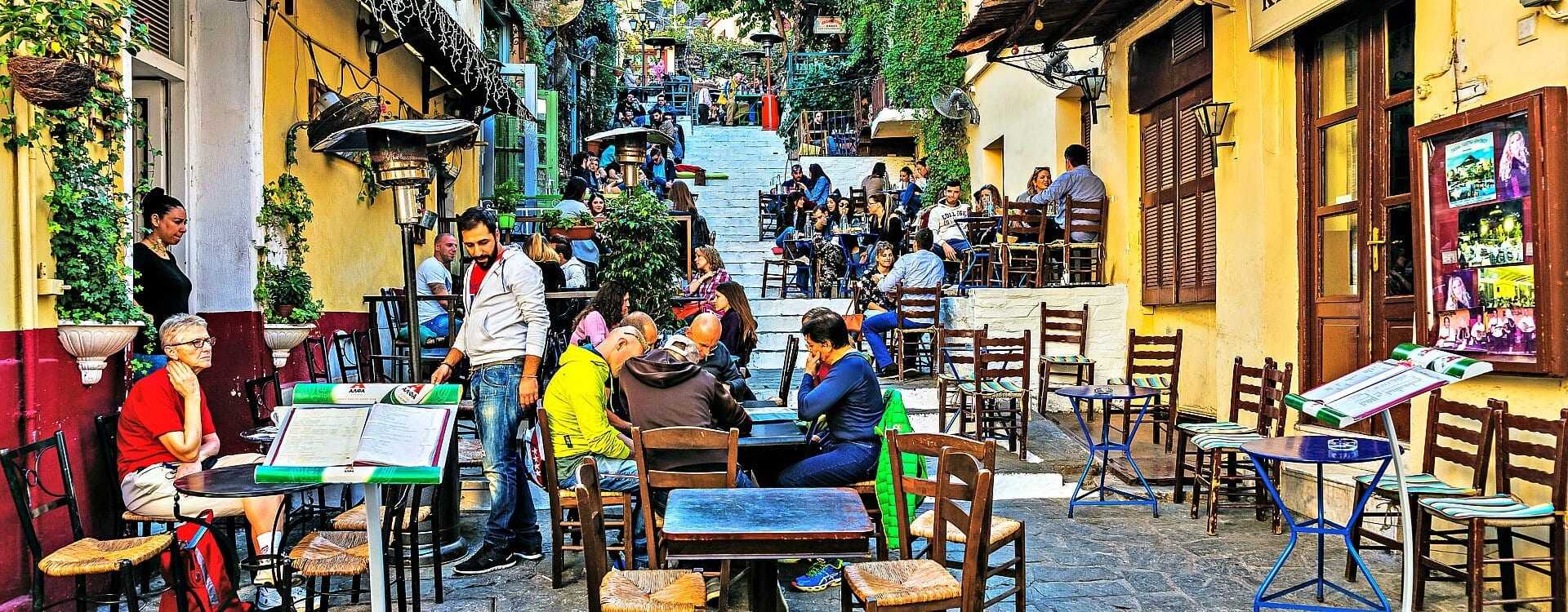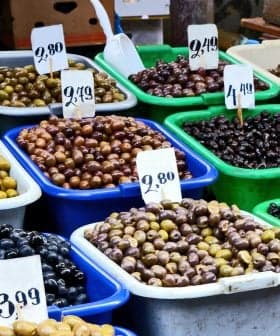Restaurants in Greece Slow to Adopt New Rules for Olive Oil Service

New rules in Greece implemented in January 2018 prohibit restaurants from serving olive oil in refillable containers due to concerns about quality, requiring instead that it be served in sealed bottles that are opened at the table. Despite some initial resistance from restaurants due to increased costs, there are signs that the rules are being adopted, with some establishments voluntarily implementing the new regulations before they became mandatory.
New rules in Greece that came into effect in January 2018 aim to stop restaurateurs from serving oil in refillable containers which in some cases contain oils of inferior quality.
The quality of olive oil as well, and how you communicate it, is crucial.
According to the new rules, olive oil must be served in sealed bottles much like wine, to be opened at the table.
But will it work?
Although still at an early stage, there are signs that the rules have been adopted by several restaurants, but not by a critical mass.
The measure has succeeded to the extent that oil cruets have been withdrawn from most tables, but this was the easy step. Most restaurants are reluctant to apply the new rule because it raises costs at the same time they are trying to lower costs amid the financial crisis.
According to Ioannis Kouzoupis, owner of the restaurant Elia e Tsipouro and vice president of the Panhellenic Federation of Restaurants and Associated Professions (EPESE), the new measure raises the price of olive oil considerably. “Unfortunately we have to charge for the sealed olive oil bottles, whose price starts from about 1 euro for 50 ml — which is absurd if one takes into account that oil is an essential part of the diet and a basic food,” he said.
Proof of the problems the new measure poses, according to Kouzoupis, is the fact that consumers find the sealed bottle very expensive and do not buy it. “I have sold very few bottles since the beginning of the year, only about 10.”
Nikos Koutouzis, owner of the restaurant “Kentrikon” agreed, “I have not sold more than 100 bottles of branded olive oil since January, whereas taking into account the turnover of the restaurant I should have sold 100 bottles per week.”
The key role of the restaurateur
The main aim of the new rule on the mandatory use of branded olive oil at the table at restaurants, which was a demand of the Greek Association of Industries and Processors of Olive Oil (SEVITEL) and agreed upon by the Federation of Restaurants, is not to increase demand for branded olive oil but to enhance the image of Greek olive oil to consumers, especially tourists.
In the promotion of branded olive oil, the role that restaurateurs play is crucial according to Tasos Dimas, co-owner of the restaurant chain Tzitzikas and Mermigas, because the manner of the presentation goes a long way to positively influence the client.
“The quality of olive oil as well, and how you communicate it, is crucial. The restaurateur must have a good knowledge of the raw material and be able to appreciate its qualities before they can help the customer get a richer culinary experience,” said Dimas.
Dimas’ company and some others had voluntarily adopted the sealed non-refillable olive oil bottle before its use was made mandatory by the new rule. “A product that is considered to be the liquid gold for Greece should be advertised in every way. It is a shame that something we should have already done on our own is treated as a legal obligation.”
“That is, we are viewing the new regulation for sealed olive oil bottles in restaurants in the same way as the smoking ban, the law that made seat-belt or helmets an obligation,” said Dimas, who created a private label for the olive oil bottles in his restaurant.
As to the cost of his sealed olive oil bottle, Dimas accepts that it is high, while explaining that he has chosen not to charge consumers for its price. “It’s a difficult decision, in tough times. The response of the public is very positive, especially in our restaurant at Sindagma Square at the center of Athens, where the public is largely made up of tourists. Customers have begun to ask for the small bottle of olive oil on their own.”









